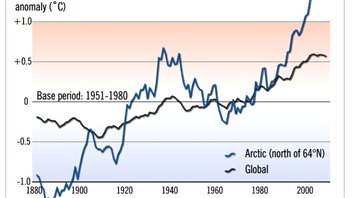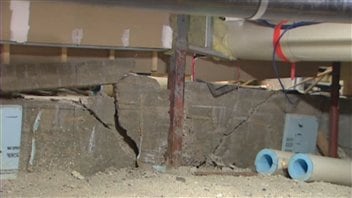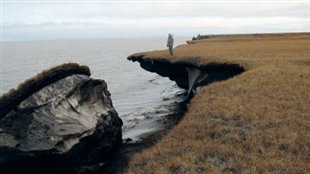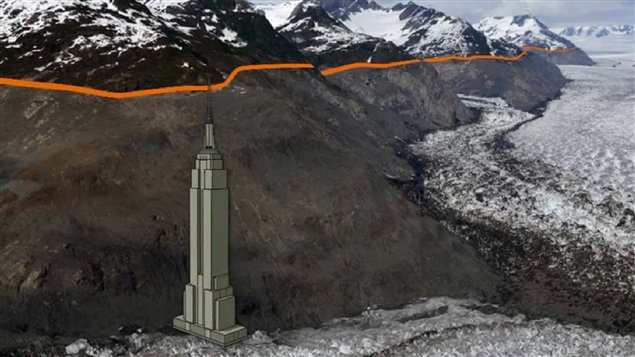The latest report from the Arctic Council meeting held in Sweden has been released. It says the Arctic region is experiencing rapid environmental change that will have major regional and even global implications.

The report is called Arctic Resilience Interim Report 2013 and was prepared by the Stockholm Environment Institute (SEI) and the Stockholm Resilience Centre at Stockholm University (SRC).
While the Arctic Council has been discussing the individual aspects of climate change, this study is designed to examine the bigger picture. It also treats what’s happening in the environment together with social effects and interlinkages.
It notes that climate change is having a disproportional effect throughout the Arctic physically, and on indigenous and non-indigenous communities. While some Arctic communities are at imminent risk of falling into the ocean due to increased coastal erosion, others have benefited from more commercial fishing in newly ice-free coastal waters.
“Change in the Arctic is taking place with striking breadth and diversity,” says Johan Rockström, executive director of SRC and chair of the ARR Steering Committee.
“We need to understand not just the drivers of change, such as climate change or industrialization, we also need to understand how the capacity for adaptation has been eroded or could be strengthened,” Nilsson said.

In order to study this, researchers applied what they called a “resilience lens.”
That means they looked at how communities and the environment are connected. The study, and this interim report, examines the shocks both could face, and sought to understand communities ability to adapt to new and changing realities. This adaptability can depend in part on the state of infrastructure, money resources, and social capital. This latter means the ability to work collectively and create ties between communities.

Although the interim report points out that the circumpolar region is already facing major environmental change, and is looking at how policies might be developed to cope, it is only the mid point in a four year process.
The final report will be released in 2015 under Canada’s chairmanship of the Arctic Council.







For reasons beyond our control, and for an undetermined period of time, our comment section is now closed. However, our social networks remain open to your contributions.